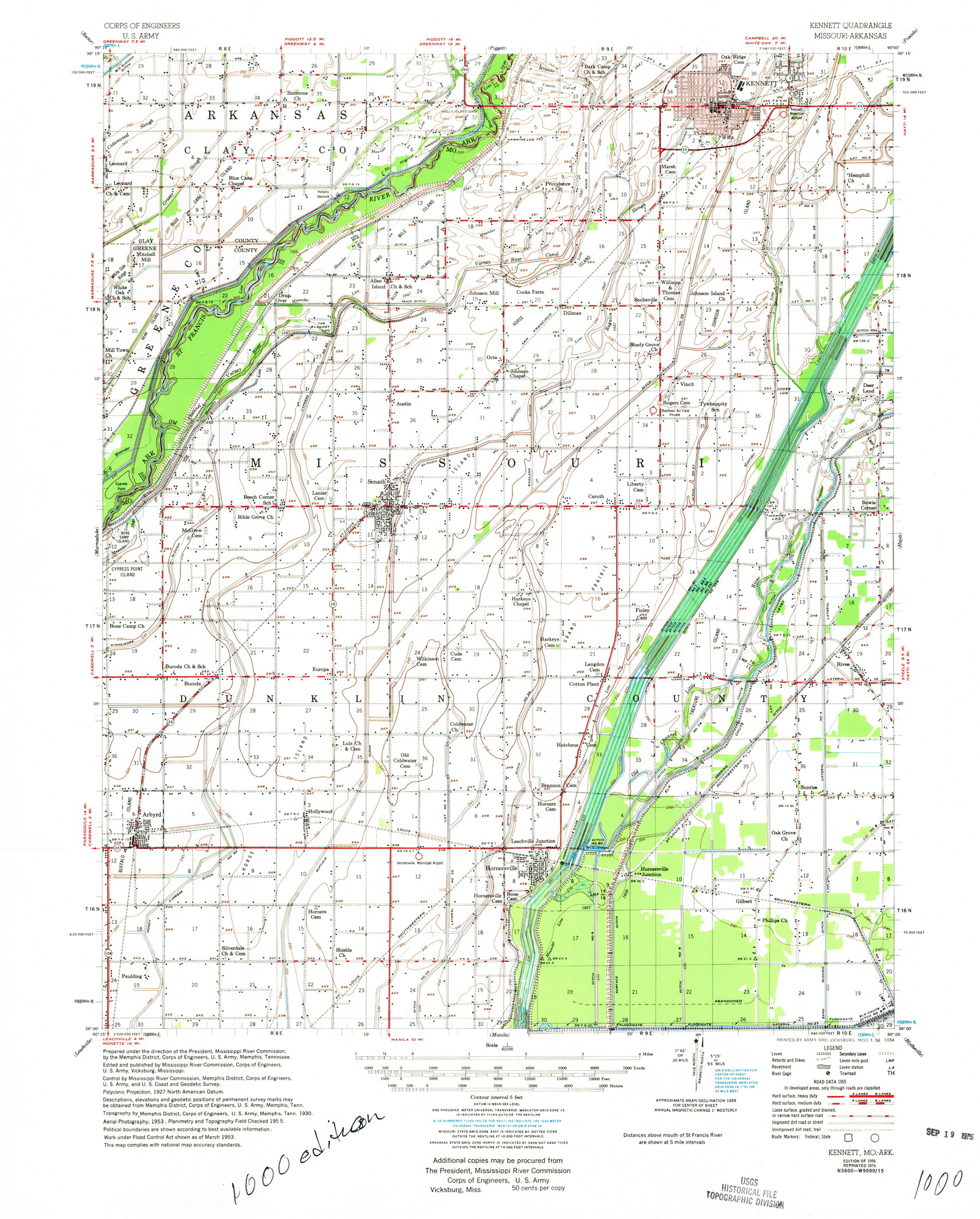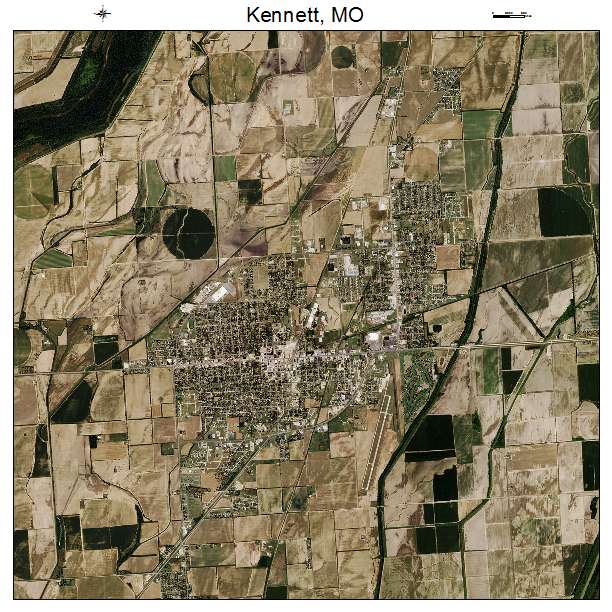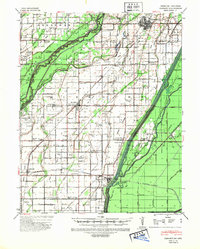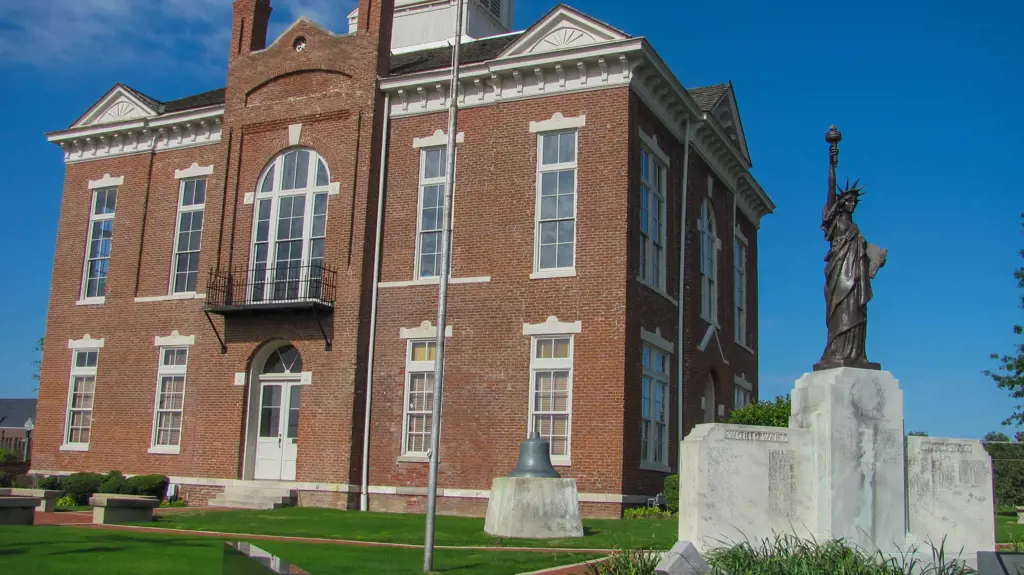Kennett, Missouri: A Geographic and Historical Overview
Related Articles: Kennett, Missouri: A Geographic and Historical Overview
Introduction
With great pleasure, we will explore the intriguing topic related to Kennett, Missouri: A Geographic and Historical Overview. Let’s weave interesting information and offer fresh perspectives to the readers.
Table of Content
Kennett, Missouri: A Geographic and Historical Overview

Kennett, Missouri, a city nestled in the heart of the Bootheel region, holds a unique place in the state’s history and geography. Its location, positioned on the edge of the Mississippi River floodplain, has shaped its development, culture, and economy. Understanding the geography and history of Kennett through its map reveals a rich tapestry of influences and events that have defined the city.
Kennett’s Geographic Context
Kennett sits in Dunklin County, Missouri, in the southeastern corner of the state. The city is situated on the Mississippi Alluvial Plain, a fertile region known for its rich agricultural lands. The Mississippi River, a defining feature of the region, plays a significant role in Kennett’s geography. The river’s proximity has historically influenced the city’s economy, with agriculture, transportation, and commerce all deeply connected to its presence.
A Brief History of Kennett
Kennett’s history is intertwined with the settlement of the Bootheel region. The area was originally inhabited by Native American tribes, and European settlement began in the 19th century. The arrival of the railroad in the late 19th century spurred economic growth, and Kennett quickly became a regional center for agriculture and commerce. The city’s growth continued throughout the 20th century, with industries such as cotton ginning, lumber, and food processing contributing to its prosperity.
Key Features on the Map of Kennett
The map of Kennett reveals a city with a distinct layout, reflecting its historical development and geographical influences. Key features on the map include:
- The Mississippi River: The river’s proximity is evident on the map, defining the eastern boundary of the city. Its presence has historically shaped Kennett’s economy and transportation routes.
- The City Center: Located in the heart of the city, the city center houses the central business district, government buildings, and historic landmarks.
- Residential Areas: Kennett’s residential areas extend outward from the city center, showcasing a mix of older and newer neighborhoods.
- Agricultural Lands: The map clearly indicates the vast agricultural lands surrounding the city, highlighting the importance of agriculture to the local economy.
- Transportation Routes: The map reveals a network of highways and roads connecting Kennett to other cities and towns in the region, facilitating trade and travel.
Exploring Kennett Through Its Map
Examining the map of Kennett provides valuable insights into the city’s past, present, and future. It reveals the interplay of geography, history, and culture that has shaped the city’s identity. The map serves as a guide for understanding:
- The City’s Spatial Organization: The map provides a visual representation of the layout of the city, revealing the location of key landmarks, businesses, and residential areas.
- Historical Development: The map can help trace the city’s growth over time, identifying areas of early development and later expansion.
- Economic Activity: The map reveals the location of industries and businesses, providing insight into the city’s economic base.
- Community Infrastructure: The map shows the location of schools, hospitals, parks, and other essential services, highlighting the city’s commitment to its residents.
FAQs about Kennett, Missouri
Q: What is the population of Kennett, Missouri?
A: The population of Kennett, Missouri, according to the 2020 Census, is approximately 10,000.
Q: What are the major industries in Kennett?
A: Kennett’s economy is primarily driven by agriculture, manufacturing, and retail. The city is known for its cotton production, food processing, and lumber industries.
Q: What are some notable landmarks in Kennett?
A: Kennett is home to several historical landmarks, including the Dunklin County Courthouse, the Kennett Memorial Hospital, and the Bootheel Regional Library.
Q: What are some popular attractions in Kennett?
A: Visitors to Kennett can enjoy attractions such as the Bootheel Arts Council, the Kennett Museum, and the Kennett City Park.
Q: What is the best time to visit Kennett?
A: Kennett is a charming city to visit year-round, but the spring and fall offer pleasant weather for outdoor activities.
Tips for Exploring Kennett
- Visit the Dunklin County Courthouse: The courthouse is a beautiful example of early 20th-century architecture and houses historical records and exhibits.
- Explore the Bootheel Regional Library: The library offers a wide range of resources, including books, computers, and educational programs.
- Attend a local event: Kennett hosts several festivals and events throughout the year, offering opportunities to experience the city’s culture and hospitality.
- Enjoy the local cuisine: Kennett is known for its Southern hospitality and delicious cuisine, including barbecue, fried chicken, and soul food.
- Visit the Mississippi River: Take a scenic drive along the Mississippi River and enjoy the breathtaking views.
Conclusion
The map of Kennett, Missouri, is more than just a visual representation of the city’s layout. It serves as a window into its rich history, diverse culture, and vibrant present. By understanding the city’s geography, historical development, and key features, we gain a deeper appreciation for Kennett’s unique place in the state of Missouri. Whether you are a resident or a visitor, exploring the map of Kennett provides a valuable tool for appreciating the city’s past, present, and future.







Closure
Thus, we hope this article has provided valuable insights into Kennett, Missouri: A Geographic and Historical Overview. We appreciate your attention to our article. See you in our next article!